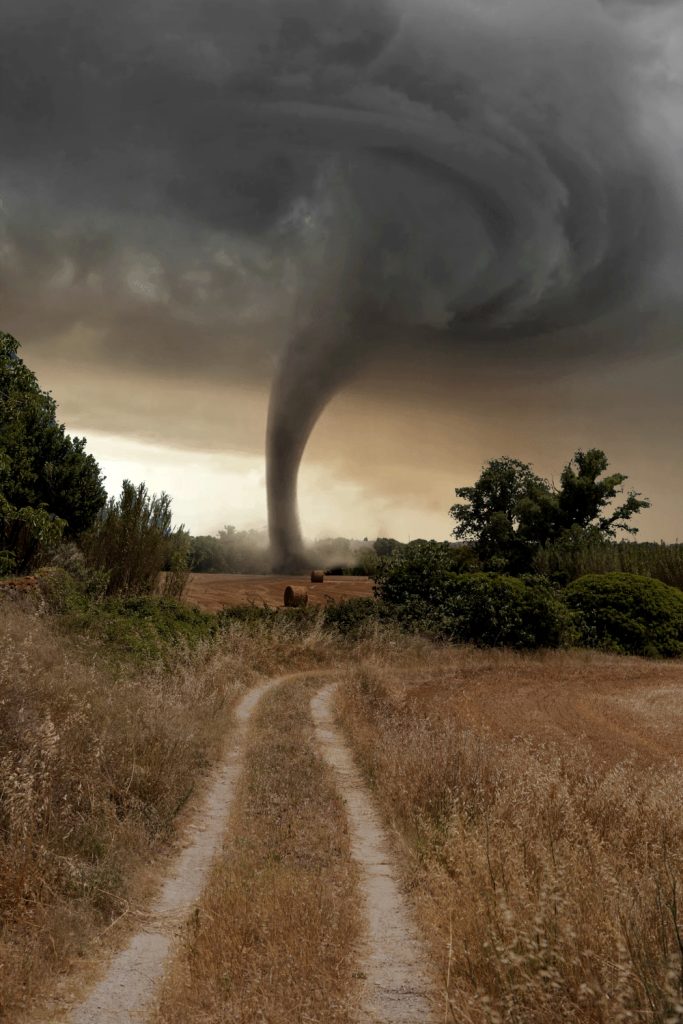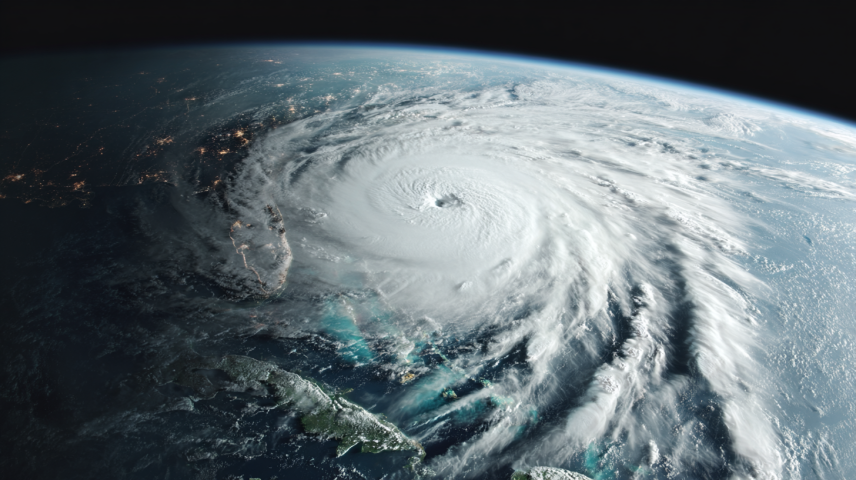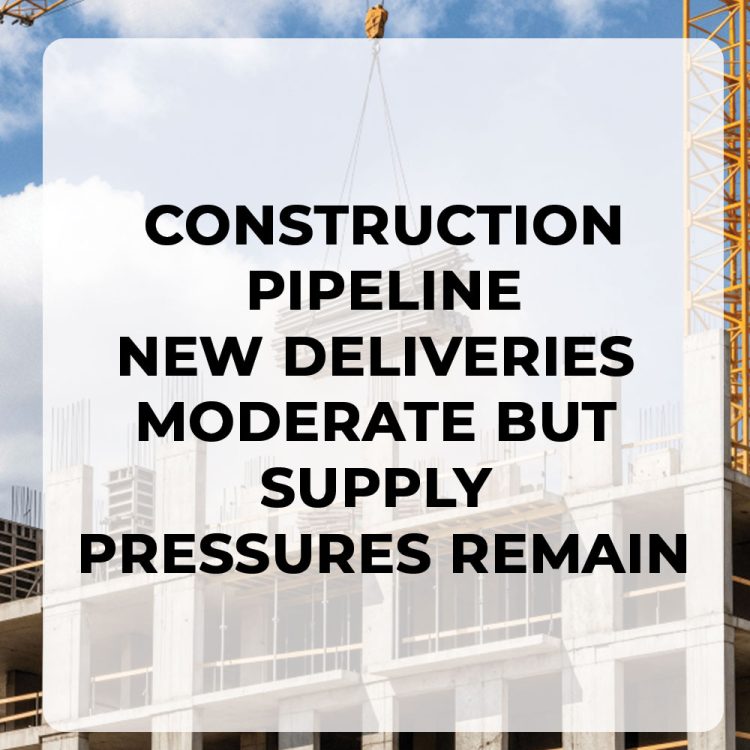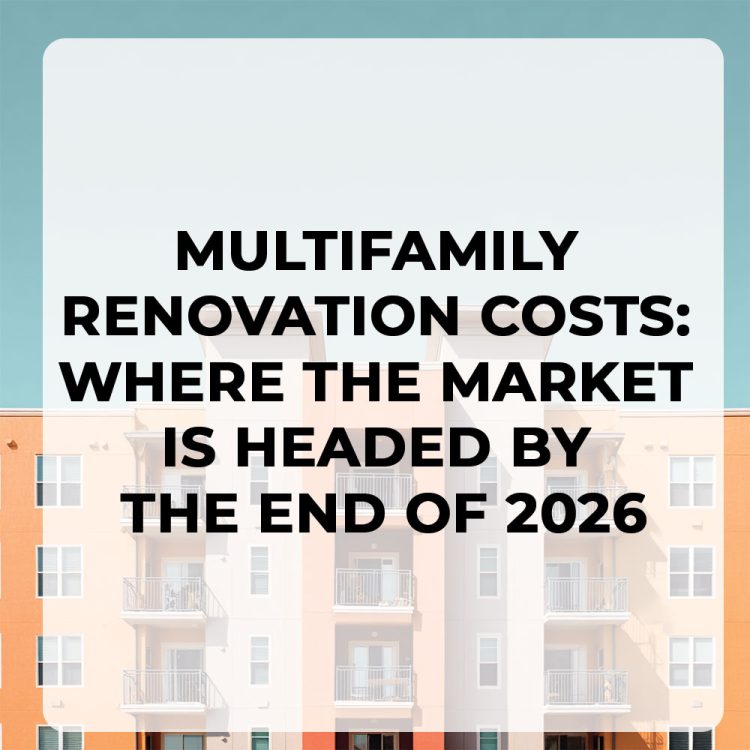
Strategies for Marketing a New Community in High-Supply Markets
May 22, 2024
Exciting Times at the FCAA Trade Show: Join Us on July 17th!
July 15, 2024Protecting Association Finances During Hurricane Season: A Comprehensive Guide
Hurricane season, spanning from June 1st to November 30th, poses significant risks to communities in hurricane-prone areas. Associations, whether homeowners' associations (HOAs), condominium associations, or other community organizations, must be proactive in safeguarding their finances against the potential havoc that hurricanes can wreak. Here are key strategies to help protect association finances during hurricane season.
Establish a Robust Emergency Fund
A well-funded emergency reserve is crucial. This fund should be separate from the regular operating budget and specifically designated for unexpected disasters. Ideally, the emergency fund should cover at least three to six months of operating expenses, including potential repairs and insurance deductibles.
Review and Update Insurance Policies
Regularly review your association’s insurance policies to ensure adequate coverage. Key policies to consider include:
- Property Insurance: Covers physical damage to common areas and structures.
- Flood Insurance: Essential for associations in flood-prone areas, as standard property insurance does not cover flood damage.
- Business Interruption Insurance: Covers lost income and additional expenses during the restoration period.
- Directors and Officers (D&O) Insurance: Protects board members from liability related to their decision-making during crises.
Conduct a Financial Risk Assessment
Perform a thorough financial risk assessment to identify potential vulnerabilities. This involves:
- Analyzing historical data**: Review past hurricane impacts on the community.
- Assessing current financial health**: Evaluate cash flow, reserves, and budget allocations.
- Identifying critical assets**: Determine which assets are most at risk and require immediate protection.


Implement Preventative Maintenance
Invest in preventative maintenance to minimize potential damage. This includes:
- Regularly inspecting roofs, windows, and doors: Ensure they are in good condition and can withstand high winds.
- Maintaining landscaping: Trim trees and secure outdoor objects that could become projectiles.
- Installing storm shutters and impact-resistant windows: These can significantly reduce damage.
Develop a Comprehensive Disaster Plan
A well-crafted disaster plan outlines steps to take before, during, and after a hurricane. Key components include:
- Emergency contact information: Maintain an updated list of contacts, including local authorities, contractors, and insurance agents.
- Communication strategy: Establish clear lines of communication with residents, board members, and staff.
- Evacuation procedures: Ensure everyone knows the evacuation routes and shelters.
- Recovery plan: Detail the steps for assessing damage, filing insurance claims, and coordinating repairs.
Secure Financial Documents
Protect important financial documents by:
- Digitizing records: Store electronic copies of all financial documents in a secure, cloud-based system.
- Safeguarding physical copies: Keep hard copies in a waterproof and fireproof safe.
Engage with Professionals
Work with financial advisors, insurance agents, and legal counsel to ensure all bases are covered. These professionals can provide valuable insights and help tailor strategies to your association’s specific needs.
Educate and Involve the Community
Educate residents about the importance of hurricane preparedness and financial protection. Encourage community involvement in disaster planning and maintenance efforts. A well-informed and engaged community is better equipped to handle the challenges posed by hurricane season.
By taking these proactive steps, associations can better protect their finances and ensure a swift recovery in the aftermath of a hurricane. Preparation and foresight are key to mitigating the financial impact of these natural disasters, safeguarding not only the association’s assets but also the well-being of its residents.
Stay prepared, stay safe, and ensure your association is financially secure this hurricane season.





